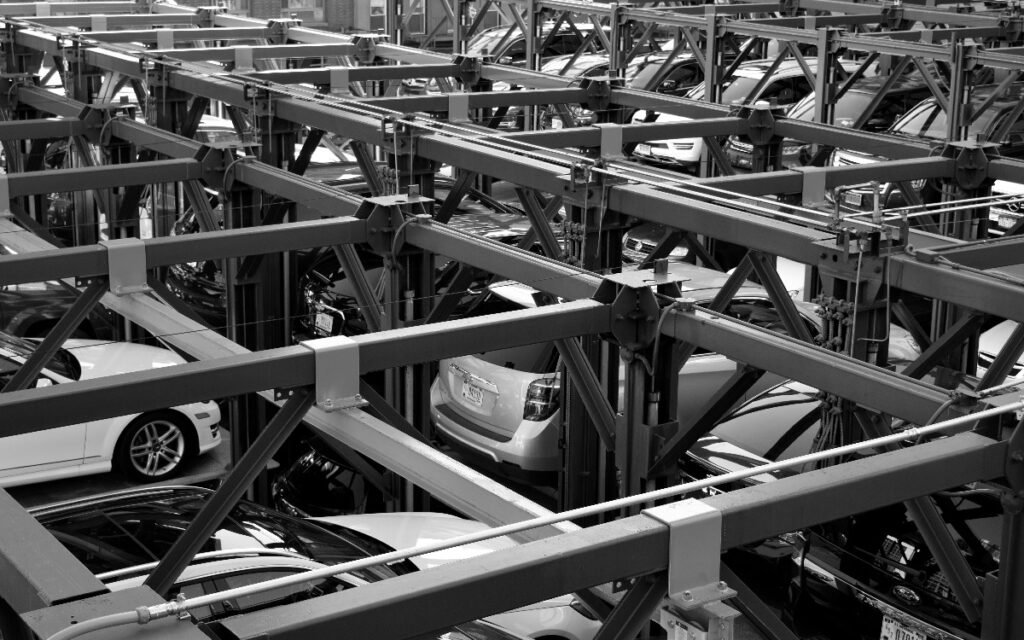Automotive manufacturing is a complex and dynamic industry that plays a significant role in shaping the global economy. From the production of vehicles to the implementation of cutting-edge technologies, automotive manufacturing encompasses a wide range of processes and innovations.
Here are six essential things to know about automotive manufacturing.
1. Global Supply Chain Integration
Automotive manufacturing operates within a highly integrated global supply chain, with components and materials sourced from various countries around the world. From raw materials such as steel and aluminum to specialized components like engines, transmissions, and electronic systems, automotive manufacturers rely on a vast network of suppliers to meet their production needs.
The globalization of the automotive supply chain has led to increased efficiency, cost-effectiveness, and specialization. However, it also poses challenges in terms of supply chain management. In times of geopolitical instability or disruptions such as natural disasters or pandemics, these issues can become more pressing.
2. Advanced Manufacturing Technologies
Advancements in manufacturing technologies have transformed the automotive industry, revolutionizing production processes, product design, and quality control. From robotic automation and additive manufacturing to digital simulation and predictive analytics, automotive manufacturers leverage a wide range of technologies to improve efficiency, precision, and flexibility.
Robotic automation, for example, is widely used in assembly lines to perform repetitive tasks with high speed and accuracy, reducing labor costs and cycle times. Additive manufacturing, also known as 3D printing, enables the rapid prototyping and production of complex components, reducing lead times and material waste. Digital simulation and virtual reality technologies allow manufacturers to simulate and optimize production processes, product designs, and factory layouts before physical implementation, minimizing risks and costs.
3. Safety of Parts
The safety of automotive parts is a crucial aspect of automotive manufacturing. Automotive manufacturers have a responsibility to ensure that the parts they produce meet stringent safety standards and regulations. This is because these parts play a vital role in protecting the occupants of vehicles in the event of a collision or other accidents.
Seats, in particular, are crucial for providing occupants with a secure and comfortable seating position while also offering adequate protection in the event of a crash. These components must be designed and tested to withstand different types of impacts and forces to minimize the risk of injury during an accident. Seat manufacturers need to use high-quality materials and employ rigorous testing procedures to ensure that their seats can withstand the demands of everyday use.
4. Emphasis on Sustainability and Environmental Responsibility
As concerns about climate change and environmental sustainability grow, automotive manufacturers have become focused on reducing their environmental footprint and adopting sustainable practices throughout the production lifecycle. This includes efforts to minimize energy consumption, reduce emissions, conserve natural resources, and recycle materials.
Many automotive manufacturers are investing in alternative powertrain technologies, such as electric vehicles (EVs) and hydrogen fuel cells, to reduce dependence on fossil fuels and mitigate greenhouse gas emissions. Additionally, manufacturers are implementing eco-friendly manufacturing processes, such as water-based paints, energy-efficient lighting, and waste recycling programs, to minimize environmental impact and comply with regulatory requirements.
5. Shift Toward Electric and Autonomous Vehicles
The automotive industry is experiencing a significant shift toward electric and autonomous vehicles, driven by technological advancements, regulatory mandates, and shifting consumer preferences. Electric vehicles (EVs) offer several advantages over traditional internal combustion engine vehicles, including lower operating costs, reduced emissions, and improved performance.
Automotive manufacturers are investing heavily in EV technology development, production capacity expansion, and charging infrastructure deployment to meet growing demand and regulatory requirements. Similarly, autonomous vehicle technology. This includes advanced driver-assistance systems (ADAS) and self-driving capabilities. This is a field that is rapidly advancing, promising to revolutionize transportation by improving safety, efficiency, and accessibility.
6. Continuous Innovation and Adaptation
The automotive manufacturing industry is characterized by continuous innovation and adaptation to meet evolving consumer demands, regulatory requirements, and technological advancements. Automotive manufacturers must remain agile and responsive to changing market dynamics, emerging technologies, and competitive pressures to stay ahead of the curve.
From agile manufacturing processes and lean production principles to collaborative partnerships and open innovation initiatives, automotive manufacturers employ various strategies to foster innovation and drive continuous improvement. By embracing a culture of innovation and investing in research and development (R&D), automotive manufacturers can stay competitive in a rapidly evolving industry landscape.
Conclusion: Embracing the Automotive Revolution
In conclusion, automotive manufacturing is a dynamic and multifaceted industry that encompasses a wide range of processes, technologies, and trends. From global supply chain integration and advanced manufacturing technologies to sustainability initiatives and innovation-driven strategies, automotive manufacturers face a myriad of challenges and opportunities in their quest to produce vehicles that meet the needs of today’s consumers while shaping the future of mobility.

